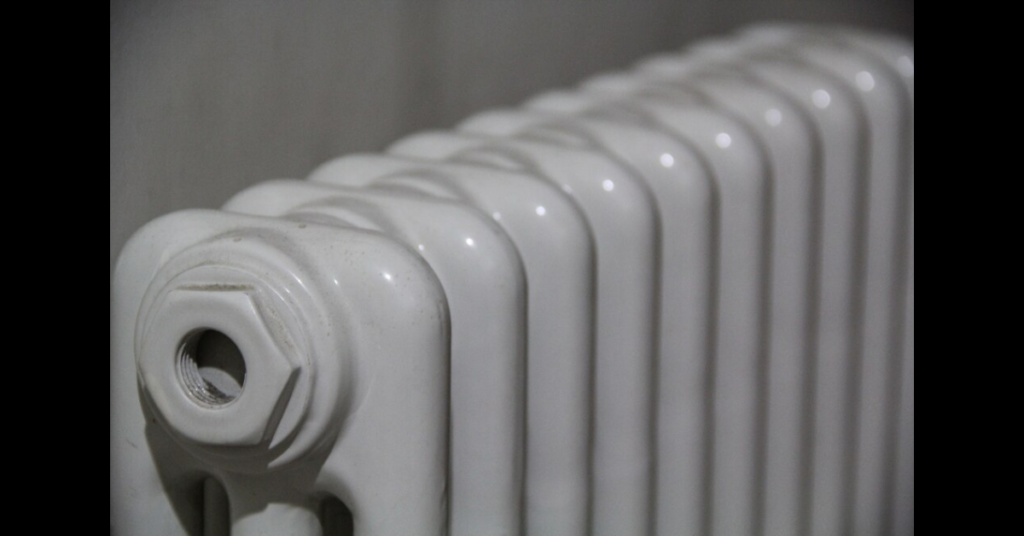From open fires to current central heating systems, heating systems have constantly changed to become more efficient, comfortable, and environmentally friendly. However, as new technologies emerge, older systems become useless, making it hard to decide whether to improve or replace them. These modern systems come at a higher initial cost.
The government of the UK realises this and offers various grants and schemes to make them affordable and maybe even free. Initiatives like central heating grants offer free central heating systems at no cost at all. . They help homes switch from old methods to more modern ones. This story of how heating has changed over time shows how important it is to keep up with how home heating is changing constantly.
The Early Days of Home Heating
Wood and Coal Fires
Before the advent of modern heating systems, people relied on wood and coal fires to heat their homes. These methods were labor-intensive and inefficient, with much heat lost through chimneys. However, they were the best options available at the time, providing necessary warmth during cold seasons.
Introduction of Radiators
The development of radiators in the 19th century marked a significant advancement in home heating. Radiators allow heat distribution throughout a home rather than just one room. This invention created the first central heating systems, which employed boilers to heat radiator water or steam.
The Rise of Central Heating Systems
Gas Boilers
In the 20th century, gas boilers became popular, offering a more efficient and convenient way to heat homes. Natural gas or propane was used to heat the water, then sent to pipes or ground heating. Gas heaters were better than coal and wood fires because they kept the heat steady and controlled.
Oil Boilers
Oil boilers emerged as an alternative to gas boilers, especially in areas without access to natural gas. These systems worked similarly to gas boilers but used oil as fuel. While efficient, oil boilers required regular fuel deliveries and maintenance.
Electric Heating Systems
Early Electric Heaters
Electric heating systems began to appear in the mid-20th century. Early electric heaters were simple and often used resistive elements to generate heat. While convenient and easy to install, these systems were less efficient and more expensive to run compared to gas or oil boilers.
Modern Electric Heat Pumps
Modern electric heat pumps are a major innovation in electric heating technology. Instead of producing heat, during hot weather, they take heat from the outside air or ground into the house. This is much more efficient, but than traditional electric heaters, it uses less power. In this way, they offer the possibility of being used throughout the year to control cold climate conditions.
Renewable Energy and Heating
Solar Heating
To heat our homes, we can use systems that harness the sun’s power to heat water or air. These systems are environmentally friendly and efficient because they lower the need for fossil fuels. For those days when it’s just cloudy but we still need to stay warm, solar heating can be coupled with other heating systems as well so that we don’t feel the cold.
Biomass Boilers
Biomass boilers burn organic materials such as wood pellets or agricultural waste as fuel. These techniques are carbon-neutral because they emit carbon dioxide into the atmosphere, which plants absorb when they grow. Smoke from burning fossil fuels does not contribute to the heat released through generators.
Technological Advancements in Heating
Smart Thermostats
The arrival of smart thermostats has completely transformed home heating control. Smartphones and other devices that can connect to the internet let people set and change their heating plans. Smart thermostats change the heating schedules automatically based on what the user wants, making the home more comfortable and saving energy.
Zoned Heating Systems
Zoned heating systems provide targeted heating to specific areas or rooms within a home. This approach reduces energy waste by only heating occupied spaces. Each zoned system can be controlled separately, so the comfort level in each room can be set to your liking.
The Impact of Central Heating Grants
Promoting Upgrades
Central heating grants have played a crucial role in promoting the adoption of modern heating systems. These grants help people improve their heating systems. By paying for some of the construction costs, central heating rebates help people afford systems that use less energy.
Reducing Energy Consumption
One way people can conserve energy is by using new systems acquired through central heating grants. They are intended to be better in terms of application, thus consuming less fuel to achieve the same heat intensity. The outcome is a decrease in electricity expenses and less environmental pollution.
Conclusion
These days, home heating devices don’t use wood or coal fires. Modern heating methods save energy, make homes more comfortable, and are ecologically benign. New systems provide both challenges and potential for households. Central heating grants update heating systems, promote energy efficiency, and supports green technologies. If they stay current and know when to upgrade, homes may have eco-friendly heating systems.







